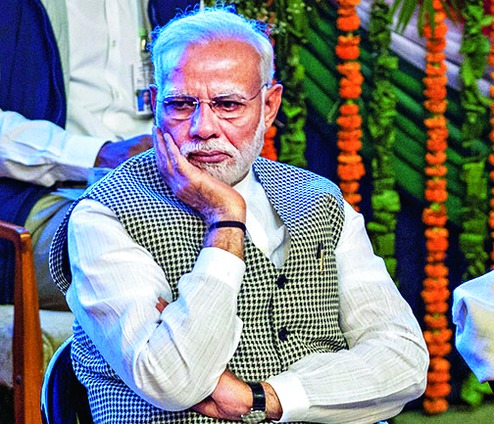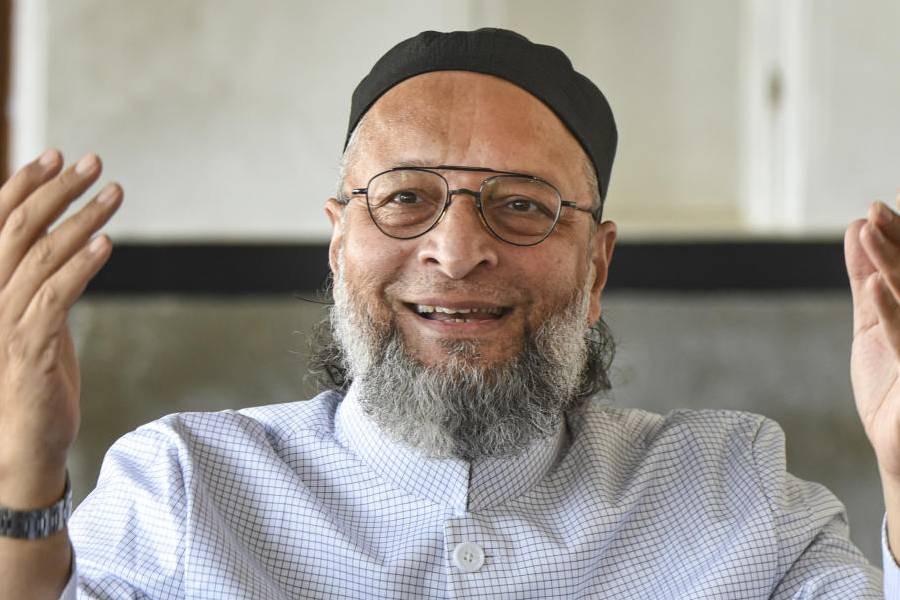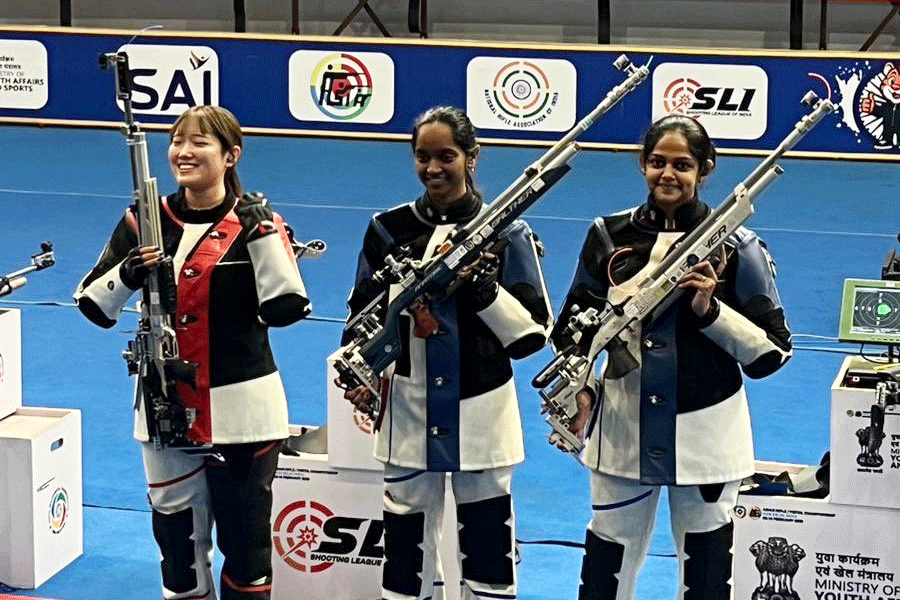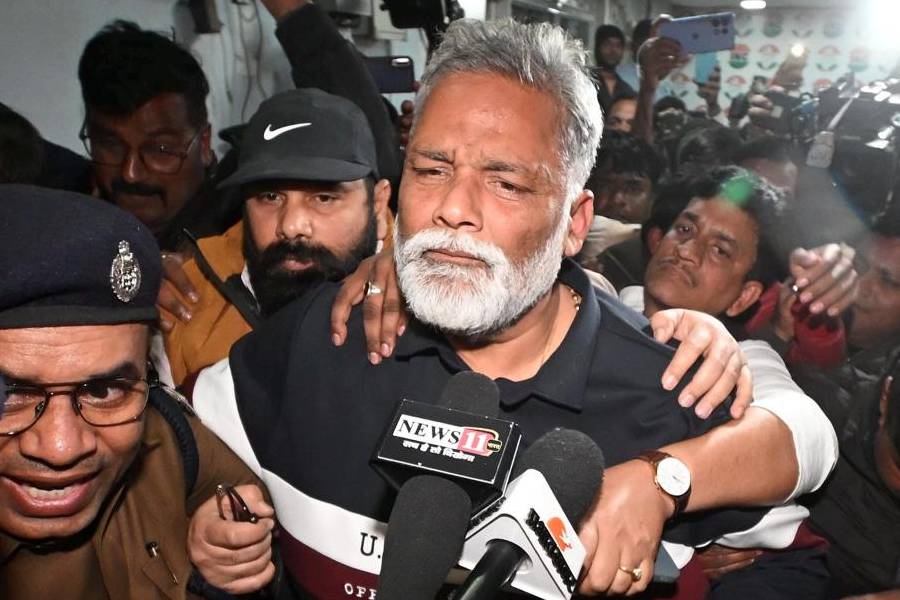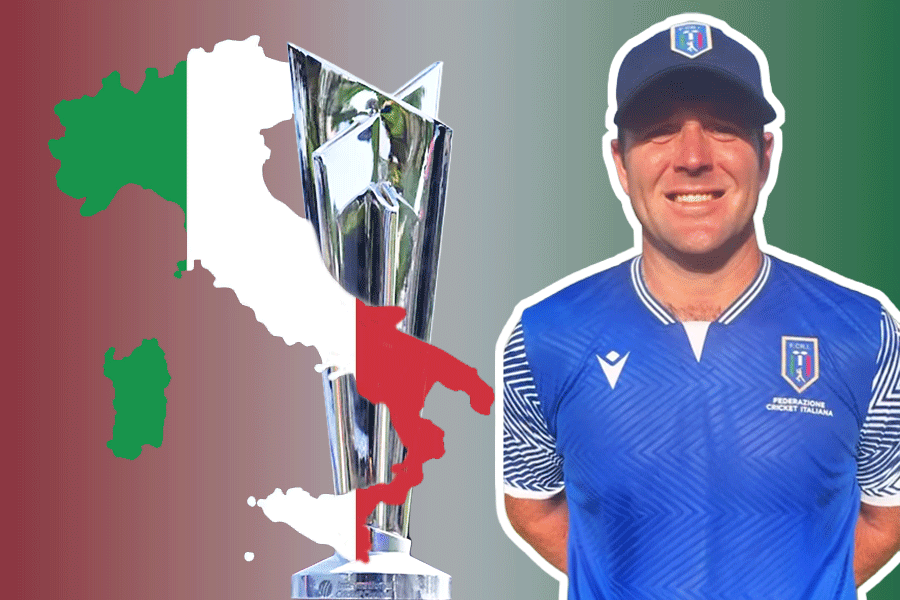
For my generation of Indian intellectuals, Edward Said was a hero. As young Leftists, we warmed to his attacks on Western scholars who wrote on the East. As Third Worldists, we admired his passionate denunciation of Israeli crimes and the solidarity he professed with his fellow Palestinians.
Some of my friends remained unswerving in their devotion to Said as they grew older. However, I myself experienced a slow disenchantment. The more I read of Orientalist literature, the more I saw how nuanced the field was, ranging from the imperialists whom Said had chastised (and occasionally caricatured) to the genuinely non-political scholars and white-skinned anti-imperialists he had disregarded. My move away from Said was furthered by writing a biography of Verrier Elwin, that son of a colonial bishop who became a disciple of Gandhi and friend of Nehru, and went on to live amidst and fight on behalf of the tribals of Central India.
My friends celebrated Edward Said as an exemplary public intellectual, who spoke 'truth to power'. On my part, I found his historical understanding wanting, and I was unpersuaded by his political essays as well. I found them pompous and self-regarding. I also was put off by his cultivation of groupies, of adoring, worshipful admirers who called themselves, without irony, 'Saidians'. Where it is the business of godmen to build cults around themselves, I knew that it was dangerous for democracy if politicians did likewise (I came of age during the Emergency). And it was unhealthy for scholarship if scholars themselves fell prey to flattery and hero-worship.
I wrote about Said and the Saidians in these pages over a decade ago, shortly after the great man died. I have been thinking of him now, again, while reading a new biography of the German philosopher and social theorist, Jürgen Habermas, who is likewise a major figure in the intellectual history of the modern West. The book quotes Habermas as saying: "The intellectual should have the ability to get worked up - and yet should have sufficient political judgement not to overreact." This is beautifully put. Living in an unjust, unequal, and unfair world, intellectuals cannot but get worked up from time to time; but they should never forget their primary calling. For the scholar (as distinct from the propagandist), nuance and truth must always take precedence over Manichean representations and name-calling. Alas, this caution is honoured mostly in the breach by intellectuals of the Left, whether these be Marxists, Saidians, or - most recently - Ambedkarites.
This new biography of Habermas is written by his former student, Stefan Müller-Doohm, who went on to become professor of sociology at the University of Oldenburg. It is well researched and carefully written, and focuses on the intellectual work while not ignoring the personal side altogether. Born in 1929, Habermas was sixteen when the Second World War ended; too young to have been forcibly enlisted in the Nazi army, yet old enough to have had direct experience of the horrors of Hitler's rule. He studied at Göttingen and Bonn, before working with the great Critical Theorists, Theodor Adorno and Max Horkheimer, at Frankfurt. He then moved for a spell to a research institute in Munich, before returning to teach in Frankfurt.
Stefan Müller-Doohm pays close attention to the major books written by Habermas, as well as to the stream of speeches and newspaper articles whereby he addressed an audience beyond the academy. The intellectual debates he engaged in are analysed. We learn of the crucial role in Habermas's life and work of his spouse, Ute Wesselhöft. Müller-Doohm also draws some intriguing links between his subject's life and his philosophical orientation. As a boy, Habermas underwent several operations for correcting a cleft palate, which made him acutely aware of how human beings were mutually dependent upon one another. As Habermas himself put it, these childhood experiences led him in time to embrace "those approaches that emphasize the intersubjective constitution of the human mind".
Habermas has strong claims to being the most influential social theorist of the post-war world. (His main rival in this regard is the Frenchman, Michel Foucault). His ideas of the 'public sphere', of 'communicative action', and of 'constitutional patriotism', have had a wide and profound impact on scholarship across the globe. In 2004, at the celebration of his seventy-fifth birthday, Habermas was hailed as 'the most influential German philosopher since Marx, Nietzsche and Heidegger', and whose own role was 'that of a public conscience of the political culture in this country'.
Habermas is a patriot without being a jingoist. He is deeply committed to the democratic project of post-war West Germany, yet able to critique state policies and politicians when required. A man of the moderate Left, he was often set upon by extremists on either side. In the late 1970s, there was a wave of angry attacks on left-wing Germans as allegedly being against the nation. Conservative critics clubbed social democrats such as Habermas with Maoist revolutionaries. Habermas wrote in response that "[i]f this time around the left-wing intellectuals are declared to be the internal enemy, and if they are morally neutralized through public defamation, would that not amount to a serious weakening of the alliance of those individuals who, when necessary, confront the erosion of the republican identity of our polity?" These words resonate with the India of today, with Modi bhakts determined to damn independent intellectuals as 'anti-national' and 'urban Naxals', bringing down our few decent public universities and research centres in the process.
In 1995, the Italian weekly, L'Espresso, interviewed Habermas. They asked him: "What does it mean for you to be a German today?" Habermas answered: "To make sure that the fortunate date of 1989 [when the Soviet Empire collapsed] does not let us forget the instructive date of 1945 [when Nazism was finally defeated]." The relevant dates for Indian democrats today, perhaps, are 1977 and 1980. We must remember the fortunate date of 1977, when a coalition of democratic forces brought down the authoritarian regime of Indira Gandhi; and yet not forget the instructive date of 1980, when that coalition collapsed in confusion, allowing Indira Gandhi to come back to power.
Reading this book made me wish that there be, one day, a similar biography of Amartya Sen. There are notable parallels between the two men. Both Habermas and Sen are great and genuinely trans-disciplinary scholars; both are also active public intellectuals, always willing to engage in debate on topical themes. Both were shaped by their early experiences, personal and social; Habermas by his cleft palate and the fall of Nazism, Sen by cancer and the partition of India. Both are greatly admired in their native country yet have a colossal international reputation. Both have been attacked by extremists of Left and Right while at the time being protected by a core of devoted disciples.
There are also differences. Habermas is a philosopher turned sociologist; Sen an economist turned philosopher. Habermas has always lived and worked in Germany; whereas Sen has spent much of his adult life out of his homeland. Habermas does not have the caché of the Nobel Prize (since none are awarded in his discipline); although he does have many other prizes in compensation.
I enjoyed and learnt a great deal from Stefan Müller-Doohm's biography. If it has one fault, it is this; the book is very respectful, falling just short of being reverential. Perhaps being Habermas's student, living in the same country, and his subject still being alive contributed to this. I myself wish Amartya Sen many more years of productive intellectual work. I would very much wish for him to find a suitable biographer; this would have to be an economist familiar with philosophy, but who was not Sen's student, and who is not a Bengali.

